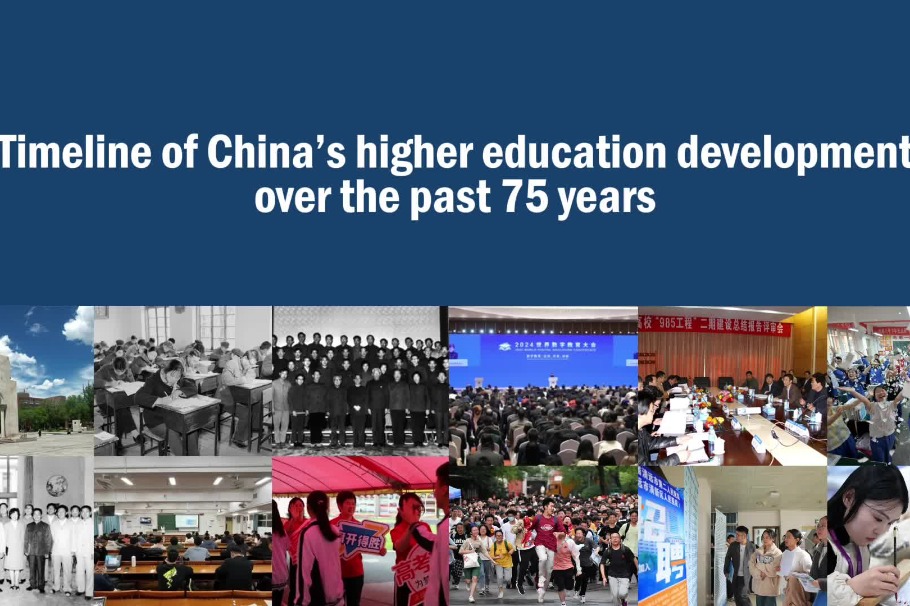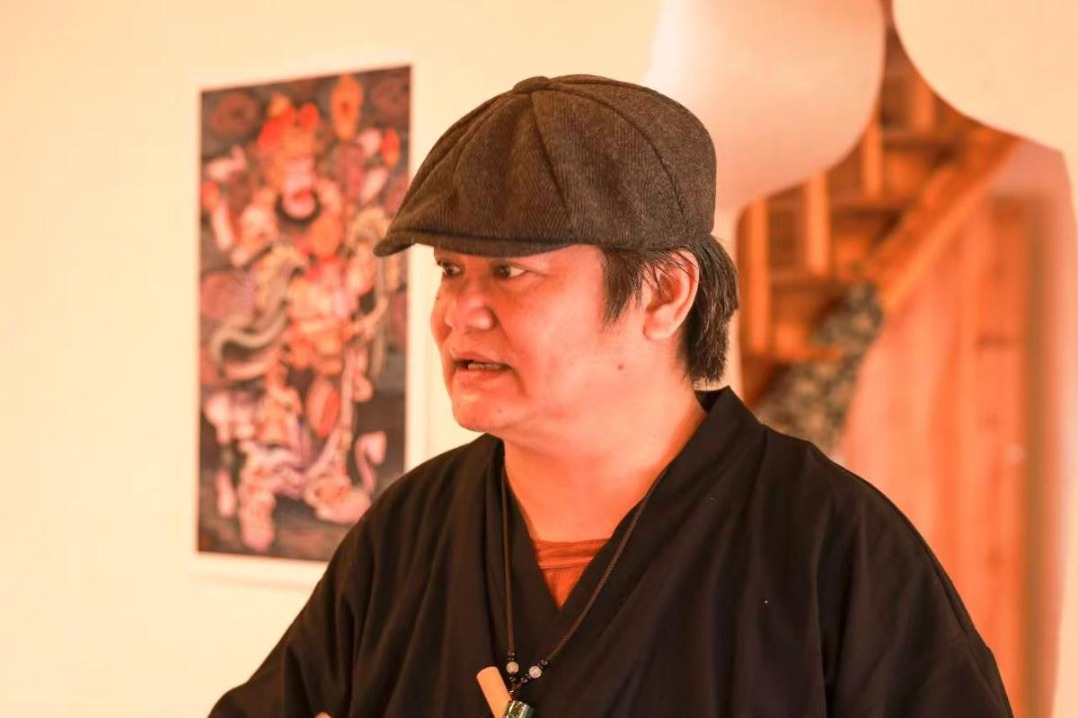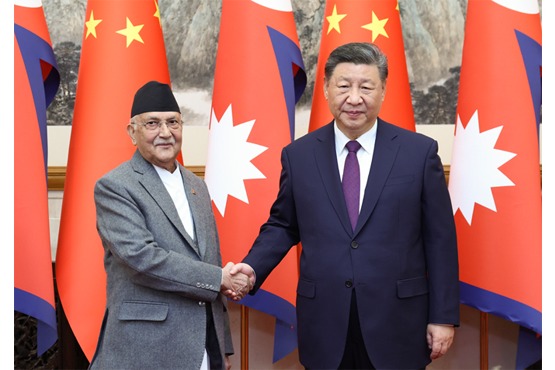How secure are buildings past 50 years old?


Urban renewal
The alliance has advised the government to provide finance to alleviate the economic burden on the Urban Renewal Authority of borrowing at high interest rates. Establishing a reconstruction fund to ease the financial burden on the URA would be a prudent move in the long run, according to the BPA. The URA is a statutory body created to initiate redevelopment projects, or respond to building owners' redevelopment calls.
Between 2013 and 2022, 1,650 private buildings were demolished for renewal projects, of which 85.5 percent were implemented by private developers, and 14.5 percent by the URA.
The URA can apply for resumption of land, with its redevelopment sites freed from the land premium — a tax on land transactions — which saved HK$22.9 billion ($2.95 billion) as of March 2023.
However, the URA's 79 redevelopment projects initiated since its establishment in 2001, with 1,785 structures being rebuilt or undergoing renewal, is a drop in the ocean against the city's aging building stock.
Elvis Lau Wai-kin, assistant professor at the Technological and Higher Education Institute of Hong Kong, says that the majority of potential redevelopment projects depend on the enthusiasm of private developers.
He suggested more incentives such as allowing the transfer of parts of gross floor areas from redevelopment sites to other projects. Lau urged property owners to pay attention to maintenance, as building facades and plumbing have lifespans. Hong Kong's high land prices have caused owners to fixate on property asset values, leading to the negligence of maintenance, said Lau.
In October, a URA site in Kowloon experienced a failed tender. Analysts said private developers were guarded on the joint-development offer due to uncertainty in the property retail landscape.
Yu Kam-hung, former president of the Hong Kong Institute of Surveyors, said a vibrant economy is vital to push forward urban redevelopment on buyer confidence.
Yu added that the government can introduce new land uses in urban renewal projects, such as talent apartments, to attract developers. He proposed setting up a central maintenance fund like the Mandatory Provident Fund, requiring all property owners to make a monthly contribution so that when a building needs repairs, any expenses are covered.
The Chinese mainland authorities are mulling over a "housing pension" program to be financed by government and contributions from homeowners to relax residents' anxiety over aging buildings. In Japan, every household contributes around HK$660 per month to mandatory maintenance funds operated by their buildings' managing bodies. Hong Kong can refer to these experiences.
- Construction site accident leaves 6 dead in Shandong
- Famous romance novelist Chiung Yao passes away
- National College Student English Drama Festival
- China's higher education soars: 75 years of remarkable growth
- China launches new remote-sensing satellite
- China's railway passenger traffic exceeds 4b in first 11 months





































